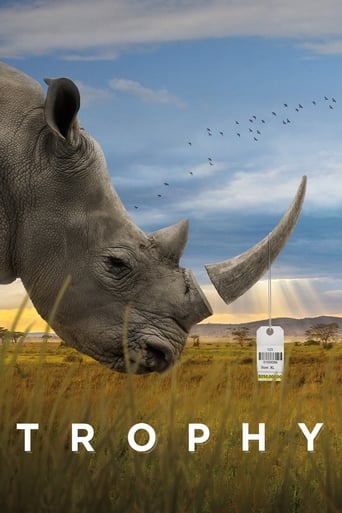
20 Jan 2017

Trophy
This in-depth look into the powerhouse industries of big-game hunting, breeding and wildlife conservation in the U.S. and Africa unravels the complex consequences of treating animals as commodities.
Malawian Short film, the first in the 'Letters From The Future' film series based on stories of HIV/AIDS in Africa. Filmed on location in Lilongwe (Malawi) co-directed by Khama Mbaula and Bright Makina. Shot entirely on a handycam at a 20$ budget, no professional equipment was used to make this.

20 Jan 2017

This in-depth look into the powerhouse industries of big-game hunting, breeding and wildlife conservation in the U.S. and Africa unravels the complex consequences of treating animals as commodities.
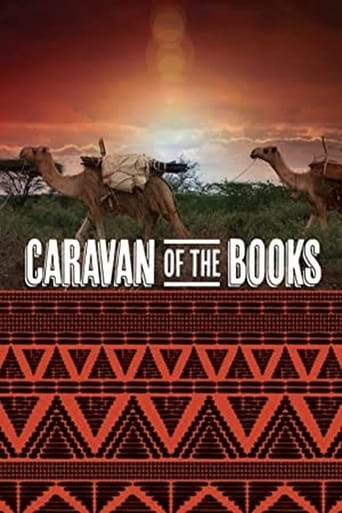

A library on four legs, the world's only existing Camel Library is located in Northern Kenya. As they pass antelopes and giraffes, the heavily loadedcaravan of camels are routinely carrying books through the rough savannah.In the villages with their houses of mud and dung these tenacious desert ships are wishfully awaited by the people of the nomadic Muslim tribes. Under the shade of acacia trees, especially the children are excitedly turning pages of school books, novels and comics. However, 400 kilometers outside of the capital city of Nairobi the local librarians are still struggling with illiteracy, old traditions, insufficient funds, blistering sun and - stubborn camels... This is the story about the Camel Library, about inquisitive children, about the origins of a book and about a camel and an exceptional librarian in the heart of Africa within the UNESCO-world decade of alphabetization.
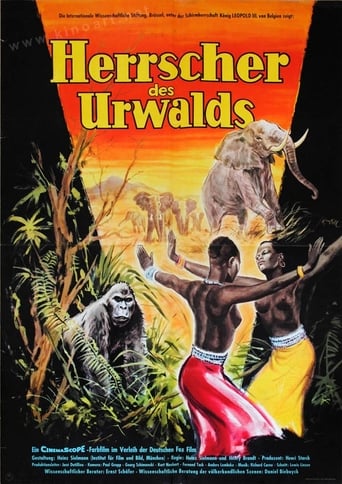
21 Nov 1958

Documentary about the inhabitants, both human and animal, of the Belgian Congo. Released in 1958.
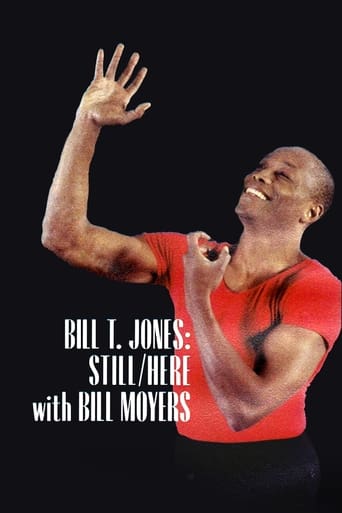
15 Jan 1997

Bill Moyers and filmmaker David Grubin give viewers a rare glimpse into dancer/choreographer Bill T. Jones’s highly acclaimed dance Still/Here. At workshops around the country, people facing life-threatening illnesses are asked to remember the highs and lows of their lives, and even imagine their own deaths. They then transform their feelings into expressive movement, which Jones incorporates into the dance performed later in the program. For this documentary, Jones demonstrates the movements of his own life story: his first encounter with white people, confusion over his sexuality, his partner Arnie Zane’s untimely death from AIDS, and Jones’s own HIV-positive status.
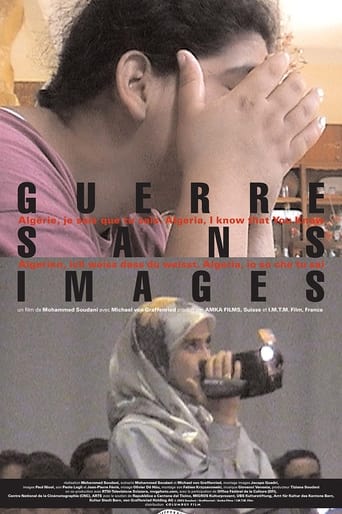
22 Aug 2002

The Director Mohammed Soudani comes back to Algeria after 30 years with the photographer Michael von Graffenried to visit the Algerians he had photographed between 1991 and 2000 without them knowing it.
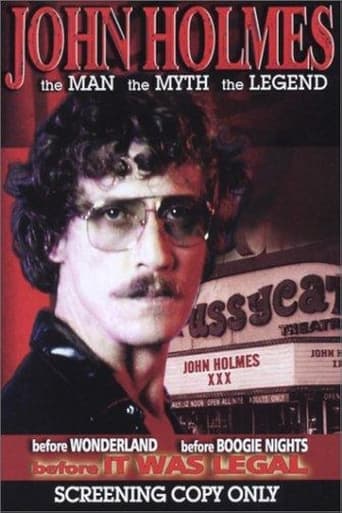
22 Jun 2004

A fine documentary that details the sordid life of 1970s pornographic actor John Holmes, from the stories of his fellow actors, his ex-wives, and directors. Clips of his work are shown and insight on what made the man tick are given. Despite all his flaws, you can't help but admire him for what he was.

01 Apr 2008

No overview found

25 Oct 1996

It's 1974. Muhammad Ali is 32 and thought by many to be past his prime. George Foreman is ten years younger and the heavyweight champion of the world. Promoter Don King wants to make a name for himself and offers both fighters five million dollars apiece to fight one another, and when they accept, King has only to come up with the money. He finds a willing backer in Mobutu Sese Suko, the dictator of Zaire, and the "Rumble in the Jungle" is set, including a musical festival featuring some of America's top black performers, like James Brown and B.B. King.

14 Feb 2014

Documentary following Serbian football coach Zoran Đorđević as he helps form South Sudan's first national football team.
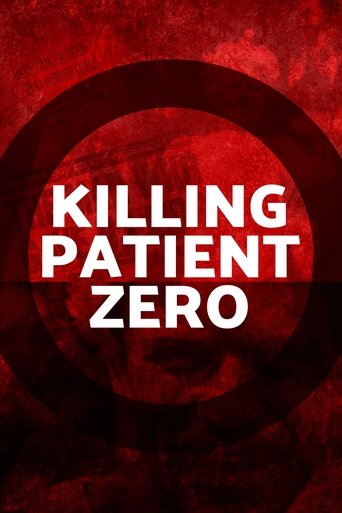
26 Jul 2019

After the Stonewall riots and at the height of the gay liberation movement in America, an entire generation were busy celebrating their newfound emancipation, unaware of an impending epidemic. A disease that seemed determined to wipe out an entire generation of gay men, was largely ignored by politicians and the mainstream media. Gaetan Dugas was a French-Canadian flight attendant, who offered to help early scientific research into the origins of AIDS. An unfortunate series of events followed and he would be vilified as Patient Zero, the man who gave us AIDS.
11 Nov 2013
A journey back through Dacia Maraini's and her trips around the world with her close friends cinema director Pier Paolo Pasolini and opera singer Maria Callas. An in-depth story of this fascinating woman's life. Maraini's memories come alive through personal photographs taken on the road as well as her own Super 8 films shot almost thirty years ago.
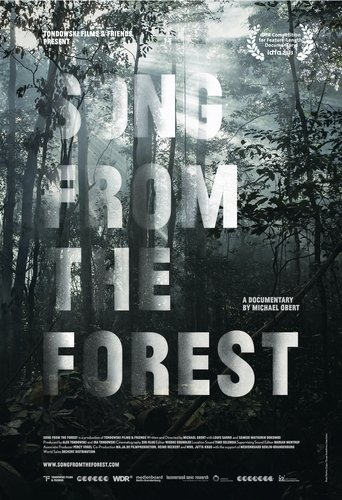
11 Sep 2014

25 years ago, Louis Sarno, an American, heard a song on the radio and followed its melody into the Central Africa Jungle and stayed. He than recorded over 1000 hours of original BaAka music. Now he is part of the BaAka community and raises his pygmy son, Samedi. Fulfilling an old promise, Louis takes Samedi to America. On this journey Louis realizes he is not part of this globalized world anymore but globalization has also arrived in the rainforest. The BaAka depend on Louis for their survival. Father and son return to the melodies of the jungle but the question remains: How much longer will the songs of the forest be heard?
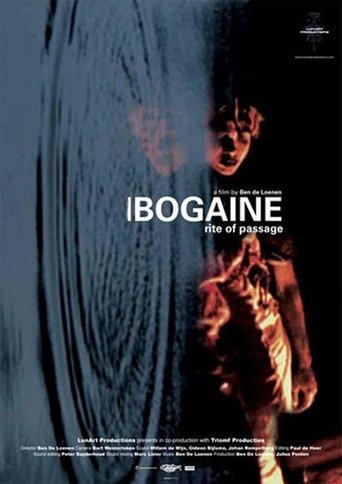
27 Sep 2004

Ibogaine is a plant extract that stops drug addiction. In this documentary, a 34-year-old heroin addict undergoes ibogaine therapy with Dr Martin Polanco at the Ibogaine Association, a clinic in Rosarito, Mexico. In Gabon, where use of the iboga root is traditional, a Babongo woman's tribe uses the plant to help her recover from a depressive malaise. Director Benjamin De Loenen interviews people formerly addicted to heroin, cocaine, and methamphetamine, who share their perspectives about ibogaine treatment.
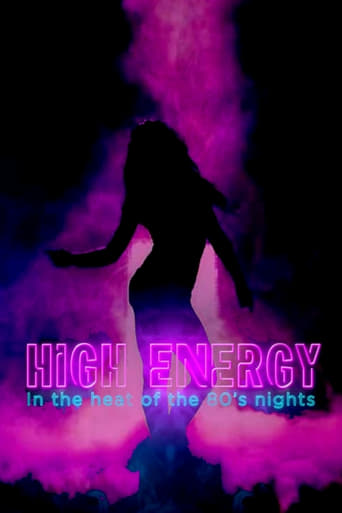
19 Feb 2019

By the end of the seventies, disco music, considered too mainstream, was dead. But DJs and dance floors still needed new records and faster rhythms. Built on synthesizer sounds, the hi-nrg (high energy) style swept the gay clubs before hitting the charts during the eighties.
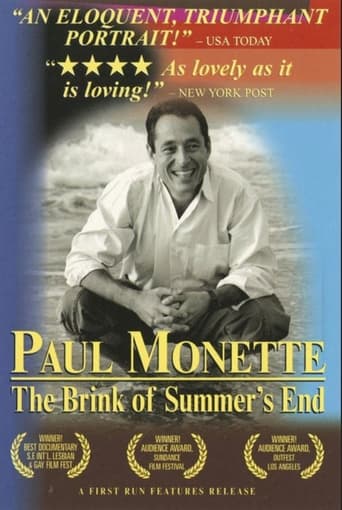
01 Jan 1997

Narrated by Linda Hunt, this documentary examines the life of the late author and gay rights activist Paul Monette. Born in 1945 to a well-off Massachusetts family, Monette grows up unable to accept his homosexuality, for years hiding it from his loved ones while struggling to develop as a writer. In 1978, Monette publishes his first novel, which allows him to come out to his parents. After losing one lover to AIDS in 1986, he becomes a ferocious advocate for awareness of the disease.
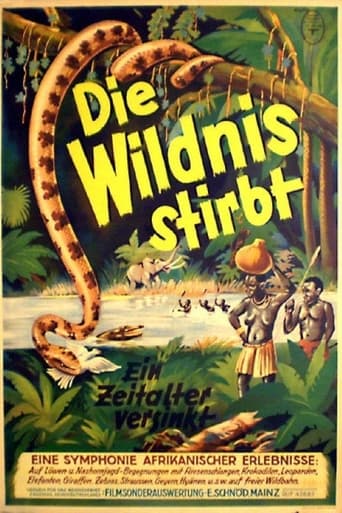
13 Nov 1936

A reportage cross-cutting film about the development of Africa from 1900-1936, using archive footage and film material from earlier African expeditions.

13 Jan 2007

Christof Wackernagel, best known in Germany as an actor and former member of the Red Army Faction ("RAF") lives in Mali. In his compelling portrait, Jonas Grosch shows a man who simply cannot stand still if he senses injustice. The courage to stand up for one’s beliefs coupled with vanity? However one chooses to look at it, it is easy to imagine what made him connect with the "RAF". With his irrepressible will for freedom, Christof Wackernagel gets entangled in the horrors of day-to-day life in Africa.

01 May 2008

In Uganda, AIDS-infected mothers have begun writing what they call Memory Books for their children. Aware of the illness, it is a way for the family to come to terms with the inevitable death that it faces. Hopelessness and desperation are confronted through the collaborative effort of remembering and recording, a process that inspires unexpected strength and even solace in the face of death.

28 Feb 2008

No overview found
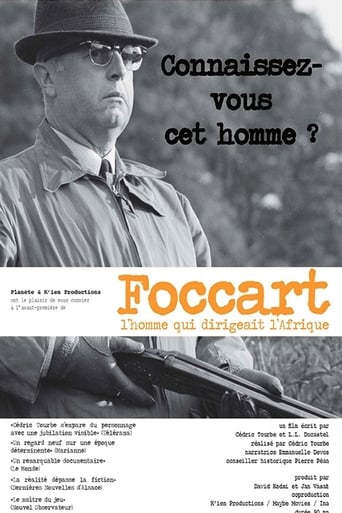
18 Sep 2010

No overview found